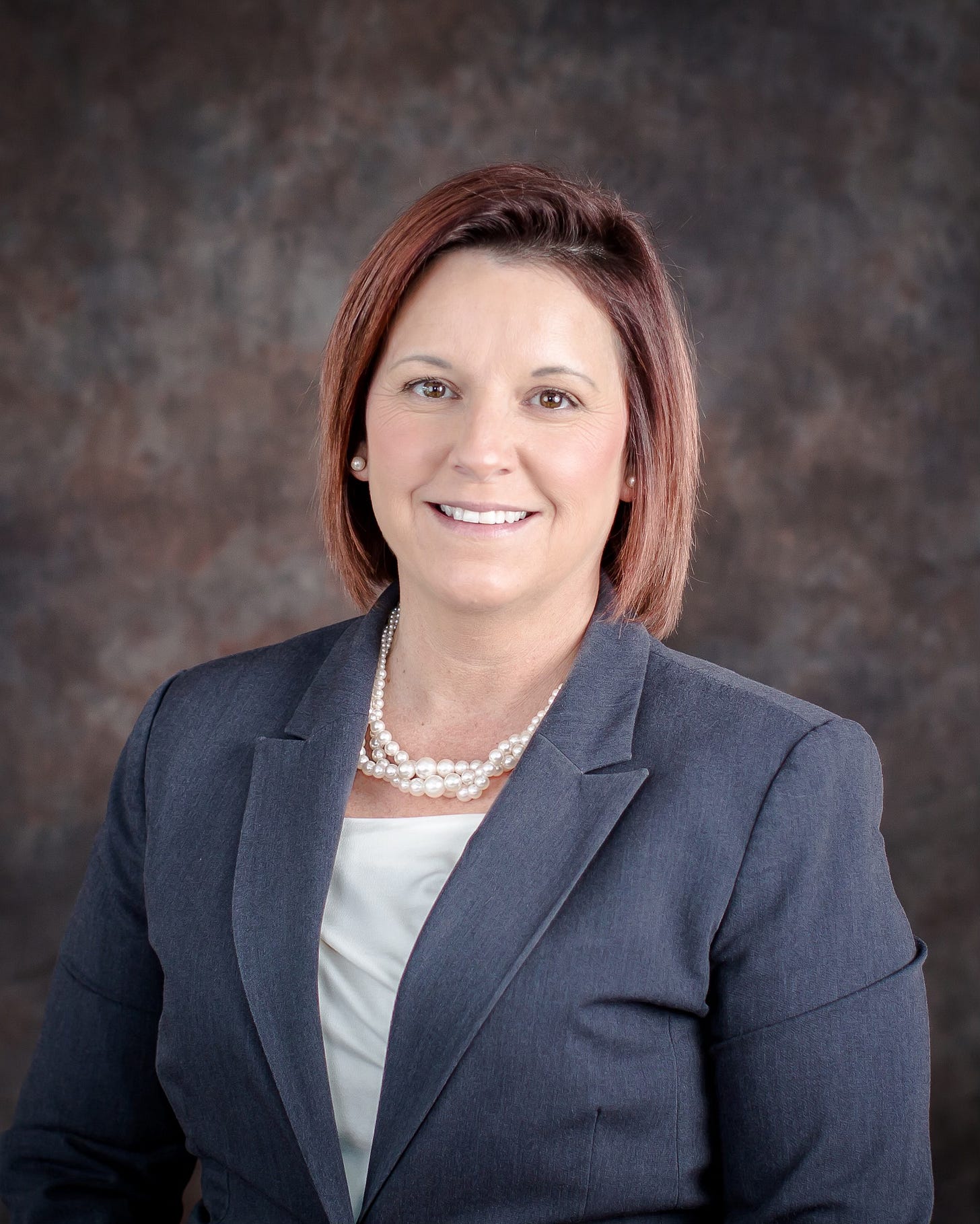Shaking Up the Status Quo on Suicide Prevention
When confronting life-and-death matters, our priority should be evidence-based solutions, not trendy ineffective programs.

It is my pleasure to introduce you to Dr. Olivia Johnson, a brilliant researcher whose groundbreaking research has discovered actionable steps to reduce first responder suicides and other negative outcomes. Thorough examination of about 1200 cases has revealed a process to identify the risk factors and the appropriate steps that will save lives, families, and careers. She and I work together planning the Inaugural Shepherds and Sheepdogs Conference that will take place May 12-14, 2025 in Orlando, Florida. This event features an elite roster of speakers and will equip participants with a revolutionary new way to train, treat, and lead America’s first responders.
It has been nearly a century since the first documented suicide of a law enforcement officer in the United States. For decades, we have largely ignored this issue, often overlooking the challenges our first responders face. Recent efforts have focused on raising awareness about the stigma surrounding mental health, yet research suggests that mental health issues are not the primary drivers of law enforcement suicides.
Real, meaningful change continues to elude us as we move from one prevention program to the next, relying on catchy slogans and clichés that fail to reduce mortality significantly. Many suicide prevention programs do not adequately address the complexity and severity of the issue. Despite millions of dollars invested annually, these programs often yield little positive return. They typically operate in a post-vention paradigm, addressing issues only after a death has occurred, which does nothing to help the officer, their family, or their agency.
The current paradigm is proving ineffective, and we are losing the battle. We are caught in a cycle of good intentions that promote fashionable but ineffective solutions over research-driven approaches. Funding is often directed toward grants that offer no real-life benefits. The emerging trend of blaming the "job" for officer suicides shifts personal responsibility and accountability away from the officers and onto the agencies. This narrative is not only unfair but also unsupported by research as a leading factor in suicide deaths.
Our current approaches are inadequate. To make a real difference with measurable outcomes, we must move beyond superficial solutions and use evidence-based strategies to address the root causes of these tragedies.
Suicide is a significant concern and a leading cause of death among first responders, but it should not be labeled an epidemic. As founder of the Blue Wall Institute, I have been conducting pioneering research in this field. My work has examined over 120 data points from approximately 1200 cases of completed suicides, murder-suicides, and non-fatal attempts. This involves analyzing autopsies, toxicology reports, police records, social media, and interviews. Based on these findings, a psychological autopsy is then developed.
From this I developed a risk assessment protocol called The FATAL 10, designed to identify risk factors, red flags, and problematic behaviors. This protocol aims to help predict negative outcomes before they occur and to "inoculate" officers against known risks before major issues emerge.
When dealing with life and death issues, we must focus on evidence-based solutions rather than politics or popularity. Our goal is to reduce loss of life, which requires exploring new paradigms.
Instead of asking, "What do we have to lose?"—a question with a known answer—we should ask, "What do we have to gain?"
Dr. Olivia Johnson is a veteran of the United States Air Force, a former police officer, and published author. Dr. Johnson holds a master’s in Criminology and Criminal Justice from the University of Missouri, St. Louis and a doctorate in Organizational Leadership Management from the University of Phoenix, School of Advanced Studies. Dr. Johnson is the founder of the Blue Wall Institute where consulting, needs assessment, and training are key. Her perseverance in raising awareness of the issues facing our first responders, was named the Illinois State Representative and active Board Member for the National P.O.L.I.C.E. Suicide Foundation, where she conducts research, publishes articles, and communicates with agencies in need.
Register for the conference here:





Roland, thanks so much for introducing Dr. Johnson to us!
She mentioned that "funding is often directed toward grants that offer no real-life benefits." This doesn't surprise me.
I'd like to know her thoughts on The First Responders Wellness Act (S.4892), which was recently introduced by Sens. Kirsten Gillibrand and Josh Hawley in the U.S. Senate. It would expand mental health services for police officers and other first responders.
Here's more about it:
https://nationalpolice.org/main/the-national-police-association-supports-the-first-responders-wellness-act/
Proper funding for actually-helpful programs would be great.
Good luck getting that from leftist politicians.